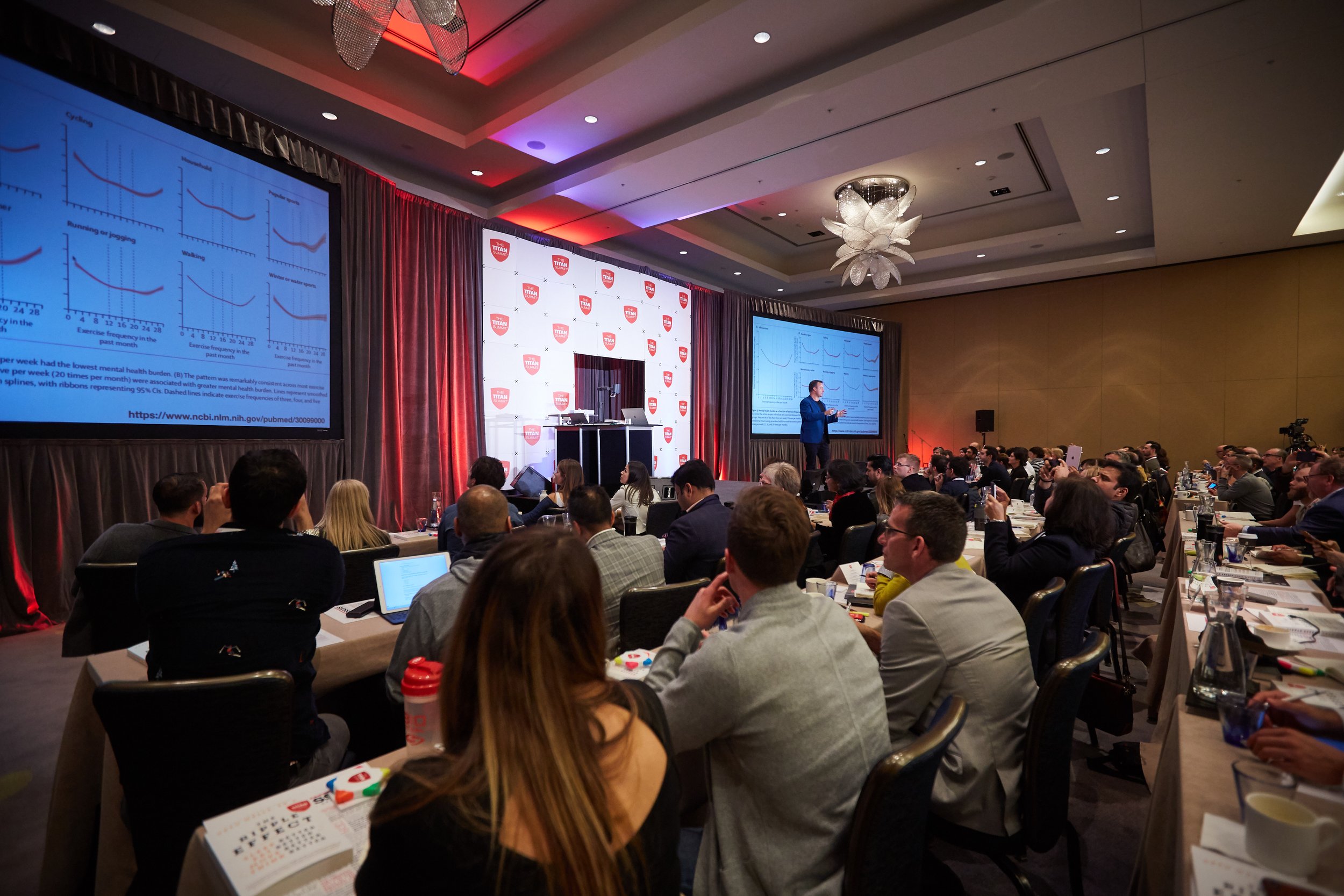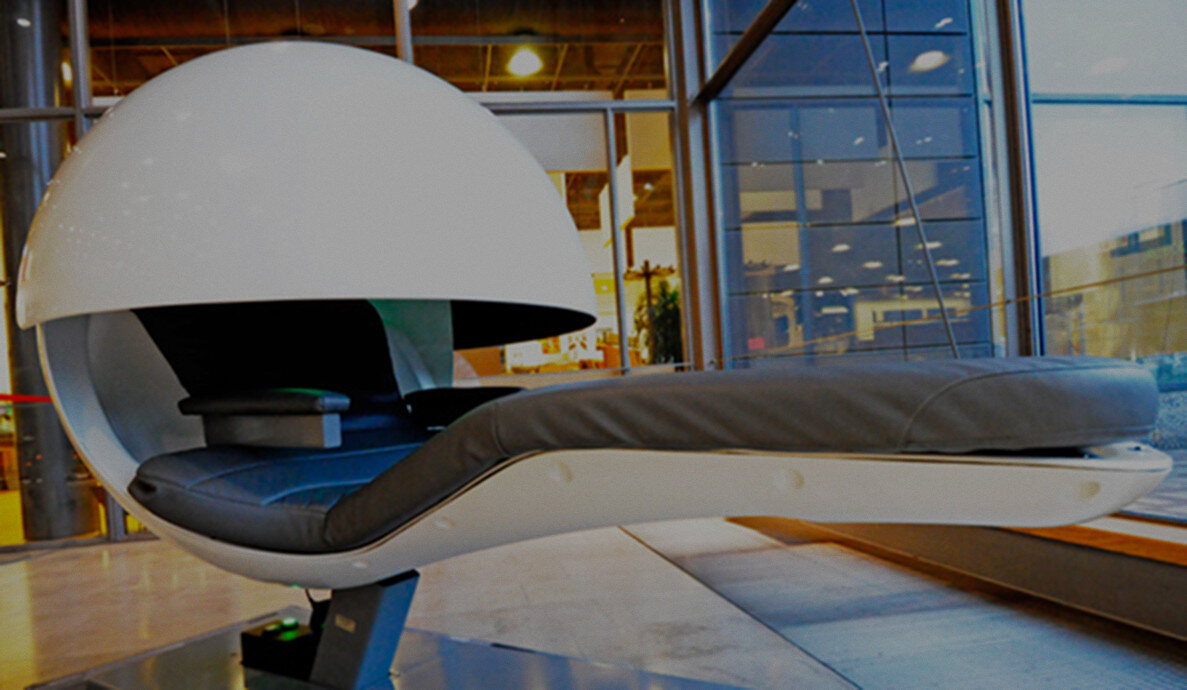
INSIGHTS
ACTIONABLE SCIENCE FROM Dr. WELLS’ NEWSLETTER
Sprinkle movement into your day
Instead of worrying so much about what exactly you should be doing, just get up and MOVE. Moving can be anything - setting an alarm every hour to stand up and stretch, doing a couple flights of stairs, or getting outside for a quick walk (provided you’re practicing social distancing!).
The science of focused execution, beta waves and singletasking
When I criticize our culture of hustle and endless drive, I am not in any way diminishing the importance of focus and execution. In fact, I think a commitment to rest and recovery is, in many ways, about setting you up to deliver results when it matters.
It starts with sleep
Besides decreasing the risk of numerous chronic diseases, sleep helps to regulate appetite, improves mood and mental clarity, and increases immune function (which is particularly important right now!). Bottom line - sleep is essential for your mental and physical health and performance.
5 techniques that amplify focus and execution
Living in a constant state of hustle and drive is so familiar to most of us that we aren’t always aware of what does – and doesn’t – help us focus.
Given how brains work, there are certain conditions that will cue beta waves when it comes time to deliver results.
Here are five techniques you can use to cue your brain to get into go mode.
What a rhino taught me about alpha waves, reflection and seeing the whole picture
Alpha waves are emitted when we learn, reflect, think strategically or engage in metacognition. In this mode, our brains achieve a blend of activation and relaxation. To get into this mode, we have to step out of focused execution, which limits our ability to pull the lens back and see the whole picture.
I learned about this effect firsthand on a trip to Africa for a friend's wedding.
A magic tactic for sleep and recovery: Defend your last hour
My primary advice to ensure world-class sleep is to defend your last hour. To do so, I developed a comprehensive pre-sleep protocol.
Here are three tactics you can use:
4 techniques that support optimal sleep
The benefits of optimal sleep are enormous and have a huge impact on performance and health. Along with enabling your brain to wash itself, deep sleep cues delta brain waves, which drive recovery and regeneration.
From every possible perspective – physiologically, psychologically, emotionally and energy-wise – humans need to sleep deeply and regularly engage in proper recovery. To be as inspired and energized as possible in your daily life and work, you need to invest in your recovery.
Napping to optimize health and performance
There is a shift in corporate culture underway toward supporting naps as a high-performance tool that also has massive health benefits.
5 techniques to cue reflection, strategic thinking and metacognition
One of the major side effects of the epidemic of unrelenting drive and constant hustle has been to limit our collective capacity for deep and broad thinking.
When it comes to reflection, learning, strategic thinking and metacognition, our brains need to slow down, focus and trigger alpha waves.
Sleep is the magic bullet for health and performance
What we know is that there are specific cleaning cells inside the brain called astroglia that are between the neurons. When they are activated, astroglia scoop up waste products and drive them towards blood vessels so they drain away from the brain.
When you are awake and hustling, this system is shut down. Only when you enter a deep sleep and delta waves prevail, do the astroglia activate and do their work.
Using brain science to break the damaging cycle of endless hustle
We drive ourselves day and night. We never rest. We never step back. We push and push and push.
Why is this a problem? Because that’s not how the brain works. It’s not how the body works. It’s not how performance works. And it’s not what optimizes our health and longevity.
What Kawhi Leonard can teach us about slowing down to speed up
Conventional wisdom has always said that achieving more means pushing harder. It’s not true. Why? Because that’s not how brains work.
I’d like to challenge you to think differently about performance and health by embracing what seems like a counter-intuitive notion: slow down to speed up. Being deliberate about how you live and work can enable you to be more effective and efficient.
Manage Your Priorities, Not Your Time
During his remarks, Eisenhower referred to a university president he knew who was fond of saying, “I have two kinds of problems: the urgent and the important. The urgent are not important, and the important are never urgent.” This phrase went on to become the basis for what is known as The Eisenhower Decision Principle – a decision-making process for prioritizing tasks and projects.













